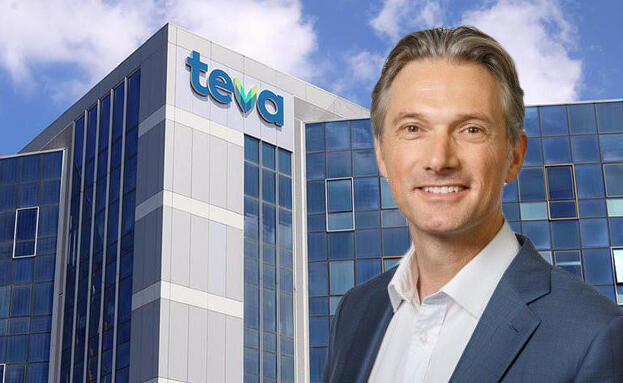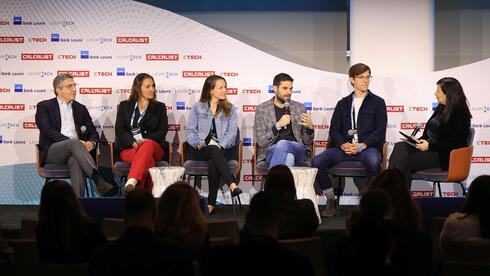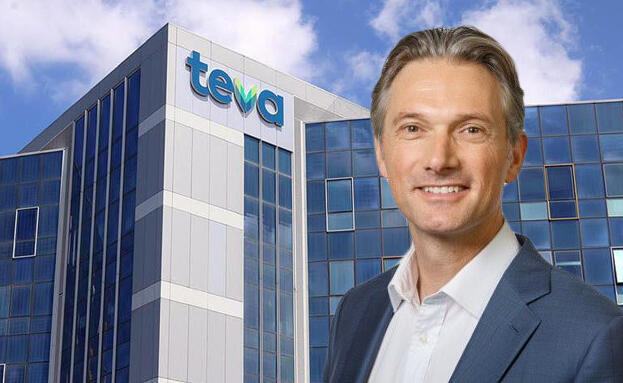
Teva expects lower profits in 2024 despite a strong Q4 performance
"We are gaining momentum, and now it's about executing as we did in 2023 in 2024," said CEO Richard Francis
Teva Pharmaceutical Industries forecast lower profit in 2024 after a strong 2023 fourth quarter which benefited from a large upfront payment from Sanofi as part of its collaboration to develop a treatment for inflammatory bowel disease.
The world's largest generic drugmaker also said on Wednesday it would divest its active pharmaceutical ingredient (API) unit to focus on its core business.
Teva said it earned $1.00 per diluted share excluding one-time items in the October-December quarter, up from 71 cents per share a year earlier. Revenue rose 15% to $4.5 billion.
Sanofi, a leader in immunology, in October said it would invest $1.5 billion in the development of Teva's anti-TL1A drug with Teva receiving an upfront payment of $500 million. The drug is still in phase 2 trials, with interim results not expected until the second half of 2024.
Analysts had forecast earnings of 77 cents a share ex-items for the Israel-based company on revenue of $4.01 billion, LSEG I/B/E/S data showed.
Teva estimated 2024 adjusted EPS of $2.20-$2.50, lower than $2.56 in 2023 and compared with analysts' expectations of $2.42. It foresees 2024 revenue of $15.7-$16.3 billion, versus $15.8 billion last year and expectations of $15.6 billion.
CEO Richard Francis told an analysts' conference call that 2023 was a transformation year for Teva as it accomplished a goal of returning to growth, which it expects to accelerate between 2025 and 2027 given its pipeline of products.
"We are gaining momentum," he said. "And now it's about executing as we did in 2023 in 2024."
Teva has struggled since 2016 to recover from the loss of exclusivity to its multiple sclerosis drug Copaxone, and to cut $35 billion of debt as it fought a spate of lawsuits alleging it helped fuel the U.S. opioid epidemic.
But the company has started to show signs of recovery and is betting a trio of its branded drugs - Austedo, migraine product Ajovy and schizophrenia drug Uzedy - will help it bounce back. Teva also has a number of biosimilars in its pipeline and its net debt is down to $16.6 billion.
After hitting revenue of $1.2 billion in 2023, Austedo is projected to reach $1.5 billion this year and $2.5 billion by 2027. Ajovy is projected to reap revenue of $500 million while the just-launched Uzedy is forecast to generate $80 million this year.















